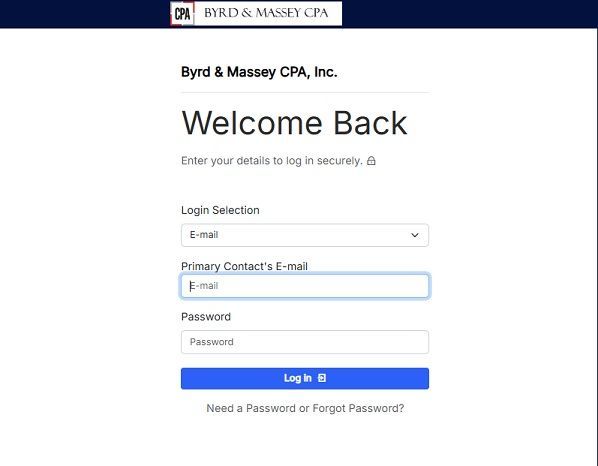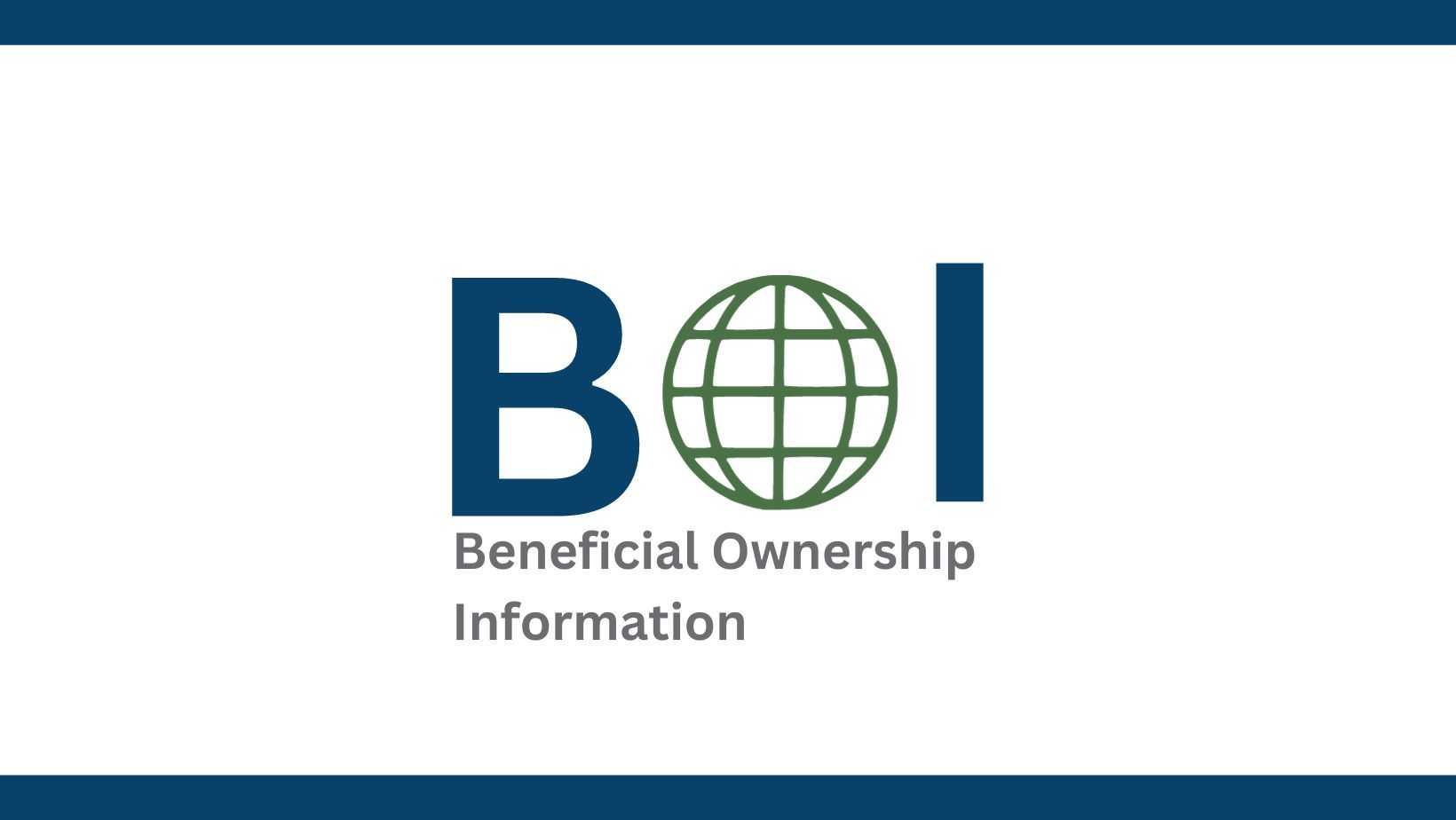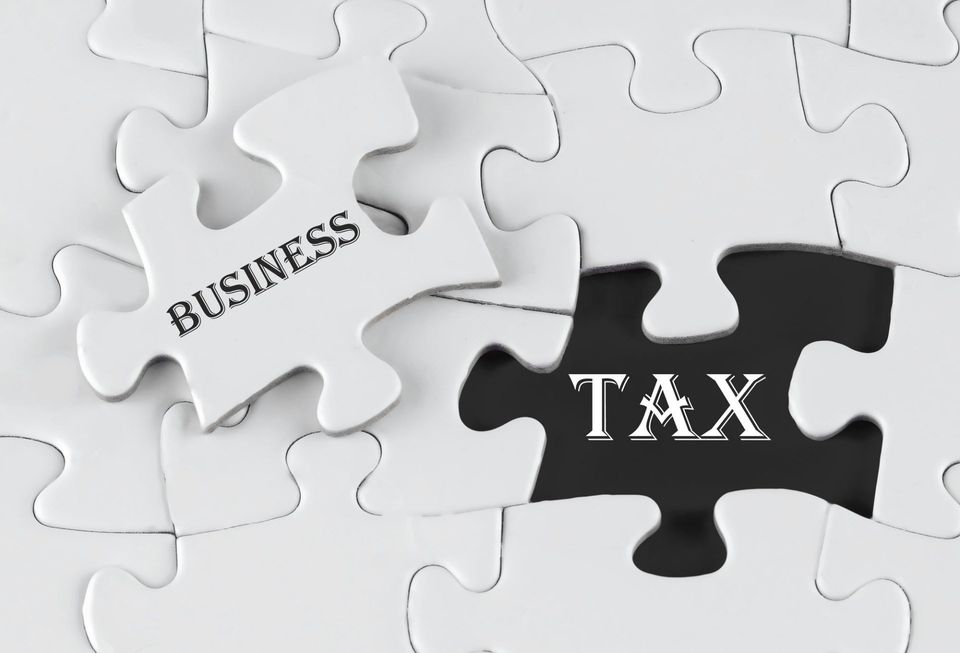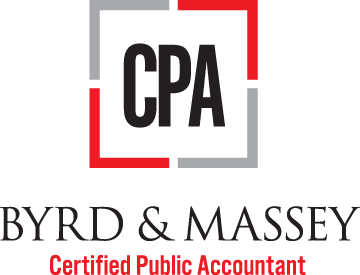YEAR-END TAX PLANNING FOR BUSINESSES
There are a number of end of year tax planning strategies that businesses can use to reduce their tax burden for 2018. Here are a few of them:
Deferring Income
Businesses using the cash method of accounting can defer income into 2019 by delaying end-of-year invoices, so payment is not received until 2019. Businesses using the accrual method can defer income by postponing delivery of goods or services until January 2019.
Purchase New Business Equipment
Section 179 Expensing. Business should take advantage of Section 179 expensing this year for a couple of reasons. First, is that in 2018 businesses can elect to expense (deduct immediately) the entire cost of most new equipment up to a maximum of $1 million for the first $2.5 million of property placed in service by December 31, 2018. Keep in mind that the Section 179 deduction cannot exceed net taxable business income. The deduction is phased out dollar for dollar on amounts exceeding the $2.5 million threshold and eliminated above amounts exceeding $3.5 million.
Caution: The new law removes computer or peripheral equipment from the definition of listed property. This change applies to property placed in service after December 31, 2017.
Tax reform legislation also expanded the definition of Section 179 property to allow the taxpayer to elect to include certain improvements made to nonresidential real property after the date when the property was first placed in service (see below). These changes apply to property placed in service in taxable years beginning after December 31, 2017.
1. Qualified improvement property, which means any improvement to a building's interior. However, improvements do not qualify if they are attributable to:
- the enlargement of the building,
- any elevator or escalator or
- the internal structural framework of the building.
2. Roofs, HVAC, fire protection systems, alarm systems and security systems.
Bonus Depreciation. Businesses are allowed to immediately deduct 100% of the cost of eligible property placed in service after September 27, 2017, and before January 1, 2023, after which it will be phased downward over a four-year period: 80% in 2023, 60% in 2024, 40% in 2025, and 20% in 2026.
Qualified Property
Qualified property is defined as property that you placed in service during the tax year and used predominantly (more than 50 percent) in your trade or business. Property that is placed in service and then disposed of in that same tax year does not qualify, nor does property converted to personal use in the same tax year it is acquired.
Note: Many states have not matched these amounts and, therefore, state tax may not allow for the maximum federal deduction. In this case, two sets of depreciation records will be needed to track the federal and state tax impact.
Please contact the office if you have any questions regarding qualified property.
If you plan to purchase business equipment this year, consider the timing. You might be able to increase your tax benefit if you buy equipment at the right time. Here's a simplified explanation:
Conventions. The tax rules for depreciation include "conventions" or rules for figuring out how many months of depreciation you can claim. There are three types of conventions. To select the correct convention, you must know the type of property and when you placed the property in service.
-
The half-year convention: This convention applies to all property except residential rental property, nonresidential real property, and railroad gradings and tunnel bores (see mid-month convention below) unless the mid-quarter convention applies. All property that you begin using during the year is treated as "placed in service" (or "disposed of") at the midpoint of the year. This means that no matter when you begin using (or dispose of) the property, you treat it as if you began using it in the middle of the year.
-
The mid-quarter convention: The mid-quarter convention must be used if the cost of equipment placed in service during the last three months of the tax year is more than 40 percent of the total cost of all property placed in service for the entire year. If the mid-quarter convention applies, the half-year rule does not apply, and you treat all equipment placed in service during the year as if it were placed in service at the midpoint of the quarter in which you began using it.
-
The mid-month convention: This convention applies only to residential rental property, nonresidential real property, and railroad gradings and tunnel bores. It treats all property placed in service (or disposed of) during any month as placed in service (or disposed of) on the midpoint of that month.
Example: You buy a $70,000 piece of machinery on December 15. If the half-year convention applies, you get one-half year of depreciation on that machine.
If you're planning on buying equipment for your business, call the office and speak with a tax professional who can help you figure out the best time to buy that equipment and take full advantage of these tax rules.
Other Year-End Moves to Take Advantage Of
Small Business Health Care Tax Credit. Small business employers with 25 or fewer full-time-equivalent employees with average annual wages of $50,000 indexed for inflation (e.g., $52,400 in 2017) may qualify for a tax credit to help pay for employees' health insurance. The credit is 50 percent (35 percent for non-profits).
Business Energy Investment Tax Credits. Business energy investment tax credits are still available for eligible systems placed in service on or before December 31, 2022, and businesses that want to take advantage of these tax credits can still do so. Business energy credits include geothermal electric, large wind (expires 2020), and solar energy systems used to generate electricity, to heat or cool (or to provide hot water for use in) a structure, or to provide solar process heat. Hybrid solar lighting systems, which use solar energy to illuminate the inside of a structure using fiber-optic distributed sunlight, are eligible; however, passive solar and solar pool-heating systems excluded are excluded. Utilities are allowed to use the credits as well.
Repair Regulations. Where possible, end of year repairs and expenses should be deducted immediately, rather than capitalized and depreciated. Small businesses lacking applicable financial statements (AFS) are able to take advantage of de minimis safe harbor by electing to deduct smaller purchases ($2,500 or less per purchase or per invoice). Businesses with applicable financial statements are able to deduct $5,000. Small business with gross receipts of $10 million or less can also take advantage of safe harbor for repairs, maintenance, and improvements to eligible buildings. Please call if you would like more information on this topic.
Qualified Business Income Deduction. Under the Tax Cuts and Jobs Act non-corporations) may be entitled to a deduction of up to 20 percent of their qualified business income (QBI) from a qualified trade or business for tax years 2018 through 2025. To take advantage of the deduction, taxable income must be under $157,500 ($315,000 for joint returns).
The QBI is complex, and tax planning strategies can directly affect the amount of deduction, i.e., increase or reduce the dollar amount. As such it is especially important to speak with a tax professional before year's end to determine the best way to maximize the deduction.
Depreciation Limitations on Luxury, Passenger Automobiles and Heavy Vehicles
The new law changed depreciation limits for luxury passenger vehicles placed in service after December 31, 2017. If the taxpayer doesn't claim bonus depreciation, the maximum allowable depreciation deduction is $10,000 for the first year.
For passenger autos eligible for the additional bonus first-year depreciation, the maximum first-year depreciation allowance remains at $8,000. It applies to new and used ("new to you") vehicles acquired and placed in service after September 27, 2017, and remains in effect for tax years through December 31, 2022. When combined with the increased depreciation allowance above, the deduction amounts to as much as $18,000.
Under tax reform, heavy vehicles including pickup trucks, vans, and SUVs whose gross vehicle weight rating (GVWR) is more than 6,000 pounds are treated as transportation equipment instead of passenger vehicles. As such, heavy vehicles (new or used) placed into service after September 27, 2017, and before January 1, 2023, qualify for a 100 percent first-year bonus depreciation deduction as well.
Note: Deductions are based on a percentage of business use; i.e., a business owner whose business use of the vehicle is 100 percent can take a larger deduction than one whose business use of a car is only 50 percent.
Retirement Plans. Self-employed individuals who have not yet done so should set up self-employed retirement plans before the end of 2018. Call today if you need help setting up a retirement plan.
Dividend Planning. Reduce accumulated corporate profits and earnings by issuing corporate dividends to shareholders.
Call a Tax Professional First
These are just a few of the year-end planning tax moves that could make a substantial difference in your tax bill for 2018. If you'd like more information, please call to schedule a consultation to discuss your specific tax and financial needs, and develop a plan that works for your business.

















